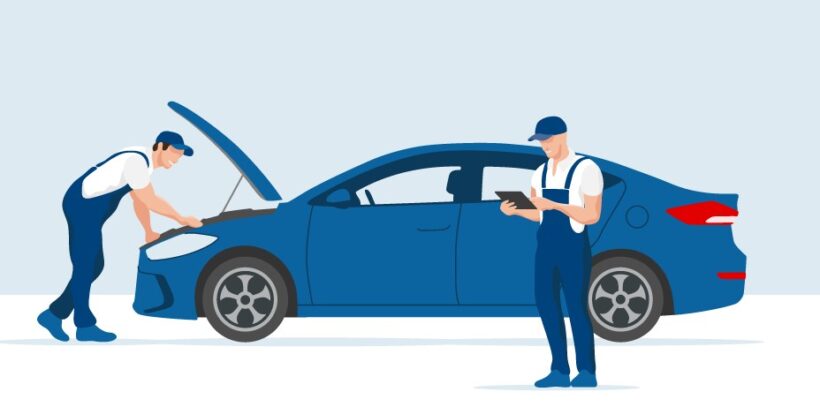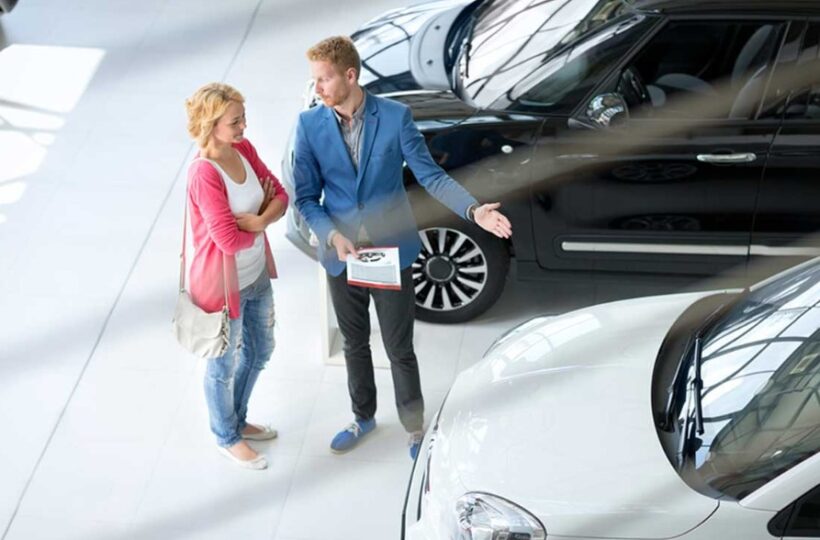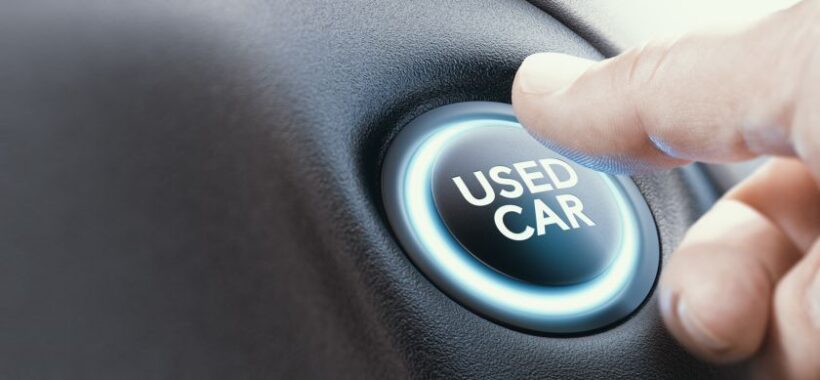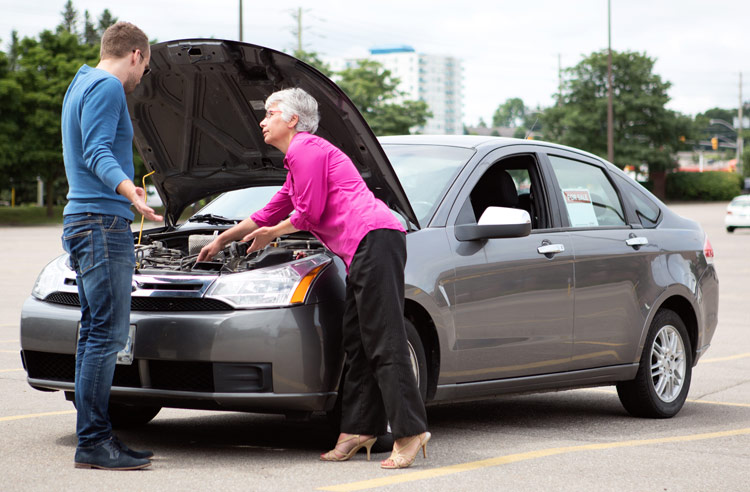As a newbie, buying a set of wheels can be a daunting task. It can be more complicated if you plan to purchase a used car. Although buying a used car can be a cost-efficient alternative, you should be extra cautious during the buying process. This ensures you get a car in good condition and with little or no processing complications.
Unlike a brand new car, purchasing a pre-owned vehicle will make it easier for you to own a car for personal or business uses, even if you don’t have enough cash. However, being used for some time means that the car may have issues that might affect your driving experience. Thus, it’s crucial to understand issues and mistakes to avoid when buying to guarantee you get the best deal.
The following article discusses what you need to know about buying a used car. You’ll learn the mistakes to avoid, the advantages of purchasing a pre-owned car, and much more. Read on.
Mistakes To Avoid When Purchasing A Used Car

As mentioned above, purchasing a used car can be complicated. Thanks to technological advancement, you can shop for a used car from the comfort of your home. You can check this site and similar platforms to simplify the process of car buying.
The following are the common things to avoid when buying a preowned car. They include:
1. Skipping Test Drive
A test drive is important as it helps determine whether the vehicle is worth your consideration. It’ll also help you identify things that need to be repaired to ensure you have a seamless experience with the car.
Skipping this may lead to issues in the future. If you don’t want to drive the car, you can ask your mechanic or a friend knowledgeable about cars to drive it for you and identify any issues. More importantly, you can use the issues as leverage when negotiating the price of the car. If the dealer is reluctant to allow you to go for a test drive, that should be your cue to move to the next one.
2. Failing To Check Vehicle’s History

Vehicle reports will play a huge role when purchasing a used car. They contain important information about the car, such as whether or not it has been involved in major accidents, any flood damage, and more.
Failing to go through the vehicle reports means that you don’t have a realistic idea about the car’s condition. Thanks to technological advancement, you can easily access this information from the comfort of your home. This will save you a considerable amount of time and money and ensure you have a complete idea of the car before going to the dealership.
3. Underestimating The Total Cost Of Ownership
Most dealers may advertise a great price but fail to include the associated costs. The costs may include delivery, taxes, and transfer costs. For this reason, it’s important to conduct extensive research to identify all the associated costs. This will help you develop a realistic budget and save you from asking for financing at the last minute.
Also, it would be best if you consider the estimated cost of maintaining the used car. This will vary depending on the condition and model of the car.
4. Not Negotiating Down From The Sticker Price
This is a common mistake when purchasing a used car. While it might sound like a great deal at first, the sticker price might be higher than the car’s worth. Thus, it’s crucial to conduct extensive research to understand the average price of the used car in your locality.
As a newbie in car buying, you might be afraid to negotiate the price. But doing so may save you a few bucks, improving your saving margin. In most cases, all you have to do is ask the question, ‘Is that the best you can do?’ While the dealer might not reduce the price of the car, you may, however, get a better deal like reduced interest on the repayment plan.
5. Failing To Develop A Budget

It’s crucial to develop a budget before shopping for a used car. Creating a budget will help limit your spending and strategize a plan on how you’re going to pay for it. If you don’t have a budget plan, you may end up being persuaded by the dealer to purchase a preowned car way above your means.
If you don’t have enough cash with you, you may consider a loan to finance the purchase. You can choose from many service merchants, including your bank, savings and credit cooperative, and much more. Visit more than one merchant to ensure you get a deal with the least repayment interest possible.
6. Buying Without Inspection
A used car has higher chances of having possible mechanical or electrical issues than a brand-new vehicle. While you can purchase a used car online, conducting a thorough physical inspection will ensure you identify issues such as rust and brake failure early enough before they pose life-threatening risks.
If you don’t have the necessary skills, you can ask your mechanic to conduct a thorough inspection and note any issues.
Advantages Of Purchasing A Used Car

The following are some of the benefits of purchasing a used car. They include:
1. Saves You Money
In most cases, the price of a used car may be lower than a brand new vehicle. Thus, you’ll be able to pay off a used car much faster, saving you from high repayment interests. This will guarantee you get comfort and luxury at a lower price.
2. More Options For Your Budget
When shopping for used cars, the depreciation factor works to your advantage. For instance, if you’re looking for cars a few years older, their price will be way below compared to brand new models. For this reason, you’ll have many options to choose from that fit your budget.
3. Less Vehicle Depreciation
Vehicle depreciation is one of the factors to consider when purchasing a car. A brand new car may depreciate by almost 20 percent when driven off the lot. After that, it may depreciate by 10 percent during the first year. Overall, it’ll lose 30 percent of its value during the first year of ownership.
On the other hand, a used car will depreciate at a much slower rate once you’re behind the wheel. This is because it has already undergone massive depreciation in its first year of ownership. Thus, the vehicle might serve you for a long time, giving the value of your hard-earned bucks.
Bottom Line

Buying a used car will save you a few bucks in the long run. It’ll cost way less than a brand new model, ensuring you get comfort at a lower price. Also, lower vehicle depreciation and insurance will play a huge role in improving your saving margin. Despite this, purchasing a car in poor condition may increase your monthly bills. Thus, it’s important to conduct extensive research to ensure you get the best deal on the market.

